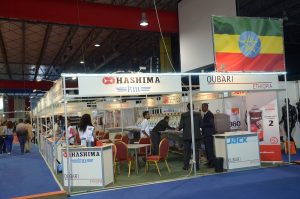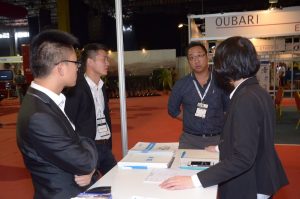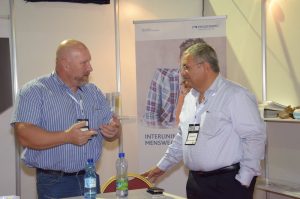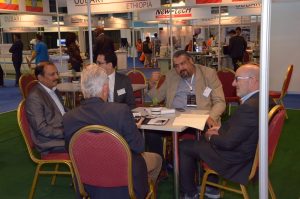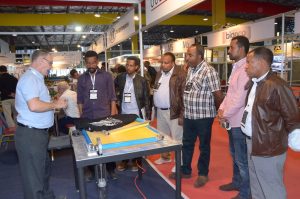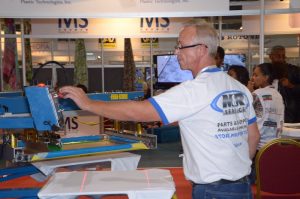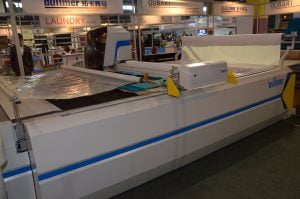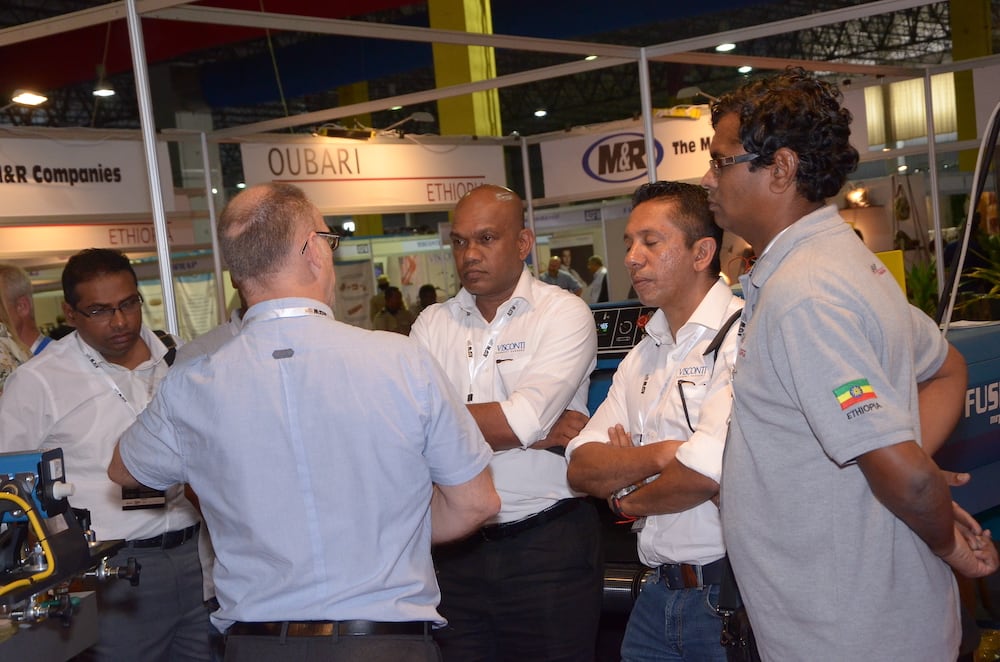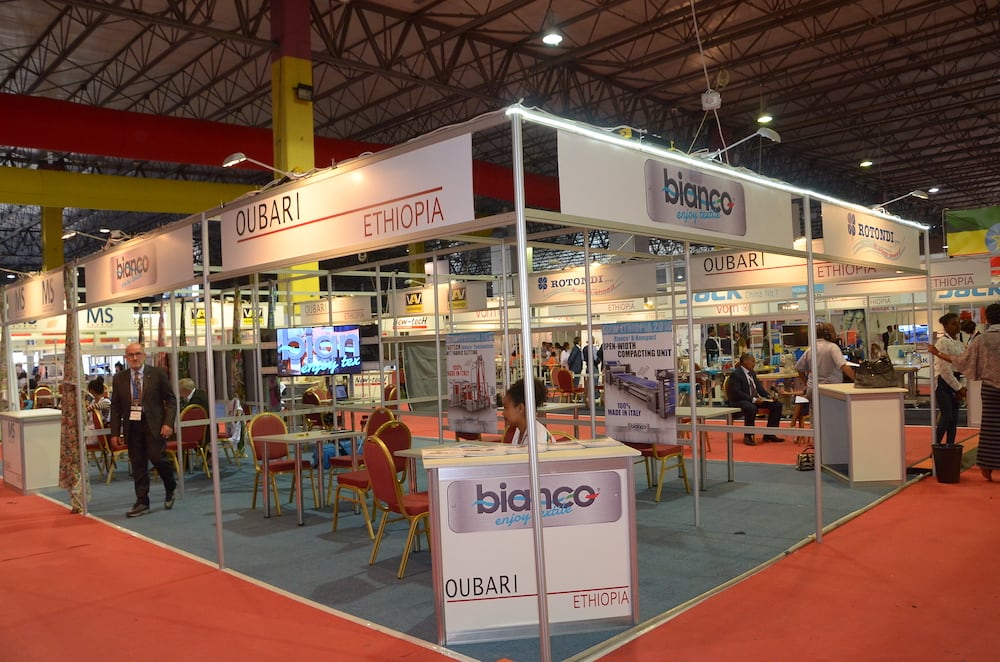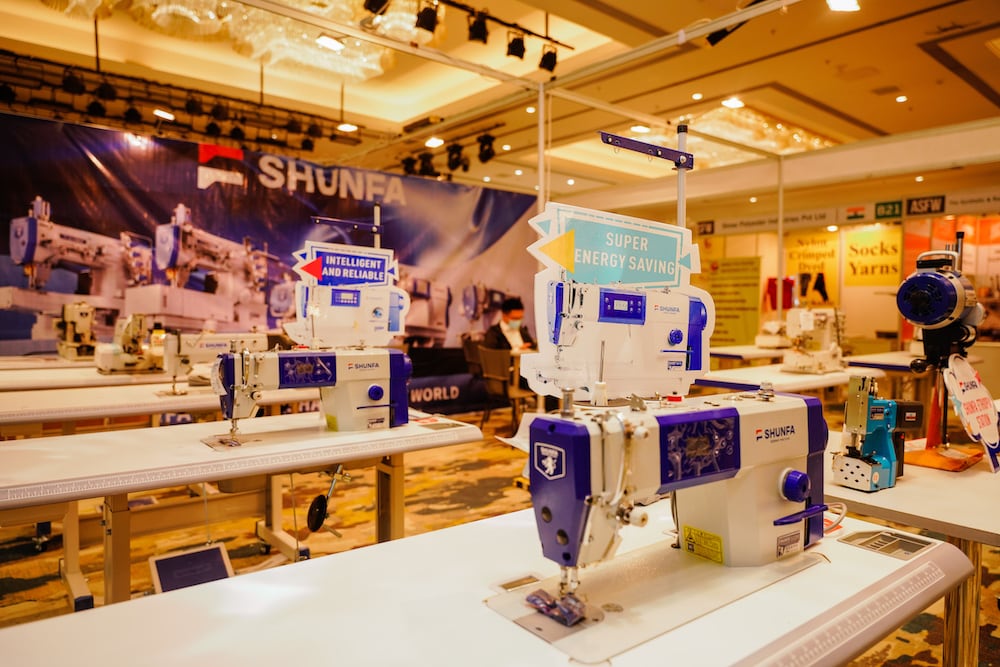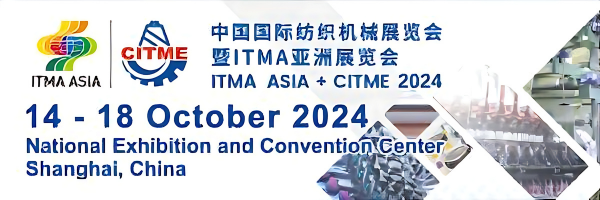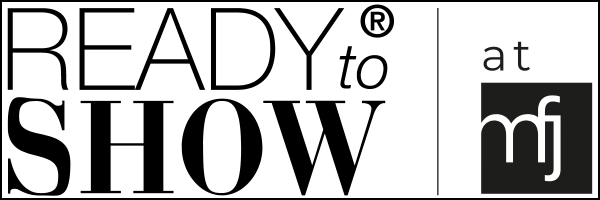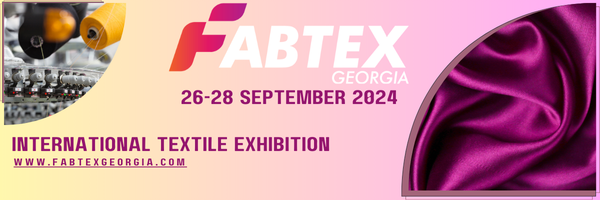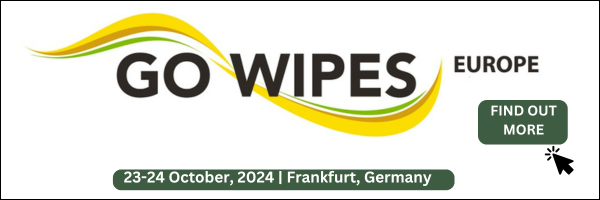Interview with Skander Negasi – CEO at Trade and Fairs Consulting GmbH, Germany
About Texprocess Addis Ababa and the textile industry in Africa
By: Behnam Ghasemi
KTJ: First of all please let us know more about Trade and Fairs Consulting GmbH company and its history. Which events and exhibitions do you organize in Africa?
SN: Trade and Fairs Consulting GmbH (TFC) is a German-based company representing Messe Frankfurt Exhibition GmbH in East and Central Africa. TFC is also co-organizer of various events such as AFRICA SOURCING AND FASHION WEEK (Africa´s biggest exhibition for the textile value chain) which Texworld Addis Ababa is part of. In addition, TFC organizes various international exhibitions in Kenya and Ethiopia through the Kenyan office called Trade and Fairs East Africa Ltd. Those events touch the textile, leather, auto parts, security, agriculture and special country events.
KTJ: Please let us know about Ethiopia’s textile industry and its potential, why you select Ethiopia for organizing your textile shows?
SN: Ethiopia as host country was not planned at the beginning as we had organized a rotating textile exhibition that was moving from one country to the next. But the government and the textile association in Ethiopia was very committed to supporting ASFW on the highest level.
Hence this location became home of ASFW, now since 8 years. Ethiopia is just the host, but the ASFW exhibition targets all African countries. This is why about 30 countries exhibit at the show speaking with buyers from over 50 countries.
The government of Ethiopia has created about 250,000 jobs in the textile industry. It has commissioned the construction of industrial estates for the new businesses, with their own wastewater treatment plants and a reliable electricity supply along with massive halls in various areas of the country, available for lease to investors.
In Hawassa, a town with a population of 300,000 around 270 km south of the capital, Addis Ababa, a total of 18 international textile companies have set up operations there, creating 20,000 jobs. In all, 12 industrial estates are planned across.
KTJ: What are the reasons to organize Texprocess in Africa by Messe Frankfurt?
SN: Messe Frankfurt has seen ASFW event as a potential to promote Texprocess in Africa on a professional level. Hence the organizers have been given the license to now call the technology area of ASFW “Texprocess Addis Ababa”.
So, Texprocess was born in Africa through ASFW. We are proudly carrying this successful brand and feel honored to have been chosen as the only Texprocess partner in Africa.
KTJ: How do you evaluate the future of the textile industry in Africa and new investment?
SN: The textile and garment industry has started to grow in Africa 8 years ago with new investors from Turkey, China and India.
As there is a diversification of European and US sourcing policy (since covid pandemic) we have credible information that about 30% of the world’s sourcing amount will be shifted to Africa. This will have a tremendous impact on further investment and collaboration in Africa´s textile and garment industry.
And this will be important for those who produce machines for the factories as those new factories will need machines. Old and growing factories will invest in new machines as well. Promising countries will be Mauritius, Madagascar, Kenya and Ethiopia. New upcoming countries will be Nigeria, Ghana, and Zimbabwe
KTJ: Please explain more about Texprocess exhibitor and visitor profile, why African textile professionals should visit Texprocess Addis Ababa?
SN: Texprocess Addis Ababa exhibitors promote technology/machines/solutions for the textile and garment industry. Hence all producers of garments and textiles as well as designers will buy/source the machines and solutions here.
Texprocess Addis Ababa is the biggest platform for technology producers as well as for buyers. While we show all technology brands from Europe, Asia and the USA the buyers come from all regions of Africa.
KTJ: Secondhand clothing smuggling is one of the most important problems and barriers in the African textile industry, How African governments should solve this problem?
SN: The African governments are fighting against second-hand clothing as this is a killer for the local factories and brands. In addition, it creates a lot of trash as those cloths are not the best quality and are trashed after a few weeks. The second-hand clothing business has been used by western countries to dump their cloth outside their own countries.
Unfortunately, they found some dealers who would take it and sell it locally. But African governments are on a good track reducing this and hold those dealers responsible.
KTJ: In recent years African textile and fabric designs face a huge interest and trend all around the world, especially in important textile consumption markets like the USA, Canada and America, what is the reason for this popularity? How African textile producers and designers can benefit from this opportunity?
SN: African designers have always been creative. But they were lacking of funds, and this is why they were not in a position to been seen internationally. Due to some social projects by various donor groups a few years ago, African designers were taken to international events and considered in various competitions.
When a few US and European trendy fashion houses started collaborating with a few African designers, working with the African creative industry became a trend. And this is when African designers started to become trendy & chic in the Western world.
KTJ: How do you evaluate sustainability in the African textile sector?
SN: The African creative industry (designers) has always been working in a sustainable way. In order to get a chance in the world and compete with Asian manufacturers, the African manufacturing industry had no other choice than to show a difference within their process.
The only way they can compete with Asia was in pricing and producing sustainability. This is why Hawassa Industrial Park (Ethiopia) was built as the most environmentally friendly park in Africa. Environment, waste treatment, labor rights, and women empowerment are key in Africa.



